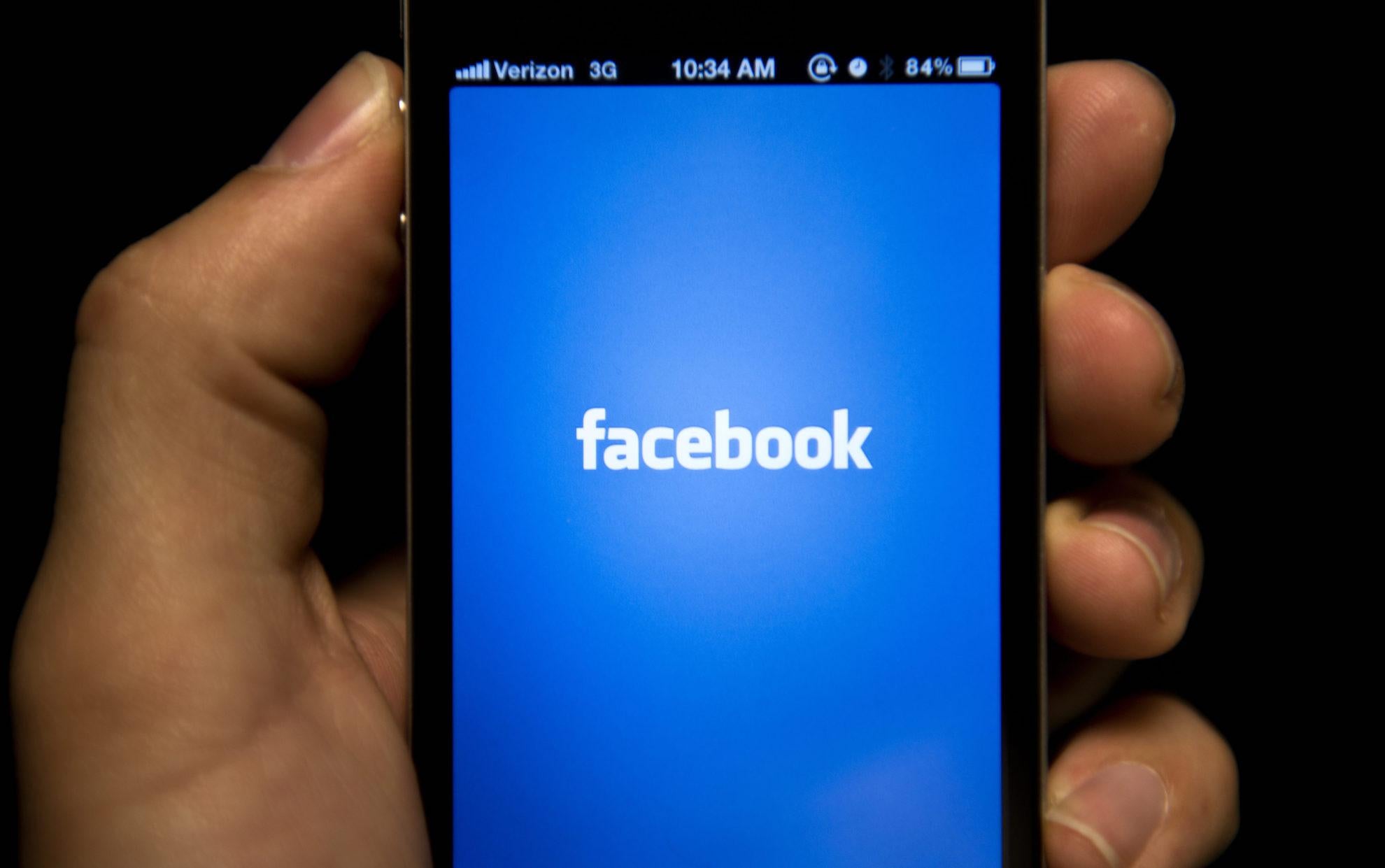Donald Trump 'Muslim ban': Visitors to US could be denied entry 'unless they hand over social media data'
A White House source claimed the policy is being discussed

Your support helps us to tell the story
From reproductive rights to climate change to Big Tech, The Independent is on the ground when the story is developing. Whether it's investigating the financials of Elon Musk's pro-Trump PAC or producing our latest documentary, 'The A Word', which shines a light on the American women fighting for reproductive rights, we know how important it is to parse out the facts from the messaging.
At such a critical moment in US history, we need reporters on the ground. Your donation allows us to keep sending journalists to speak to both sides of the story.
The Independent is trusted by Americans across the entire political spectrum. And unlike many other quality news outlets, we choose not to lock Americans out of our reporting and analysis with paywalls. We believe quality journalism should be available to everyone, paid for by those who can afford it.
Your support makes all the difference.As the furore surrounding President Donald Trump’s travel ban continues, the White House reportedly hopes to start collecting social media data from foreign visitors as part of new “extreme vetting” measures.
US news channel CNN reported that travellers could even be asked to hand over their mobile phone contacts, in a move which could be seen as an attack on civil liberties.
White House policy director Stephen Miller told the broadcaster the policy is in the very early stages of discussion and it is not known how it would work in practice.
But an anonymous source told CNN that in future if visitors refuse to hand over their account details and contacts, they could be refused entry.
The source claimed the Trump administration had raised concerns that terrorist Tashfeen Malik posted messages calling for a Jihad before he and his wife carried out an attack in San Bernardino, California in which 14 people were shot dead and 22 others seriously injured.
Malik was a Pakistani born permanent resident of the US and he and his American-born wife reportedly became radicalised jihadists partly through their online activities.
But FBI director James Comey said there is no evidence that Malik’s postings would have raised the alarm because they were made under a pseudonym and with strict privacy settings.
Mr Trump’s press secretary Sean Spicer has not confirmed whether social media vetting is being considered by immigration, but the US government already asks some foreign travellers to hand over details of their Facebook and Twitter accounts on a voluntary basis.
Those who enter the country under the visa waiver scheme are presented with an optional request to enter details of their online accounts, including Instagram, Twitter, Facebook and LinkedIn.
This policy was implemented by the Obama administration, in the face of fierce resistance from the social media giants who argued the policy threatened freedom of expression and posed security and safety risks.
An immigration lawyer has claimed US border agents are checking the Facebook accounts of some green card holders as part of Mr Trump’s so-called Muslim ban which temporarily bars citizens of seven Muslim-majority countries from entering.
The American Immigration Lawyers Association (ALIA) told The Independent there were anecdotal reports that some of those being detained at airports were having their social media accounts checked and being interrogated about their political beliefs.
Online security vetting has been used increasingly over the past few years, but civil rights lawyers have raised concerns that it violates the first amendment of the US constitution – the right to freedom of expression.
Join our commenting forum
Join thought-provoking conversations, follow other Independent readers and see their replies
Comments